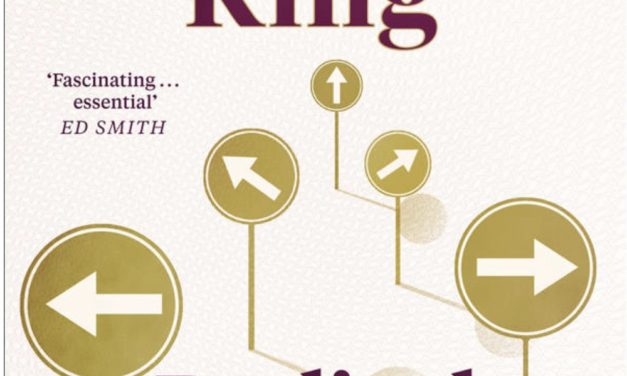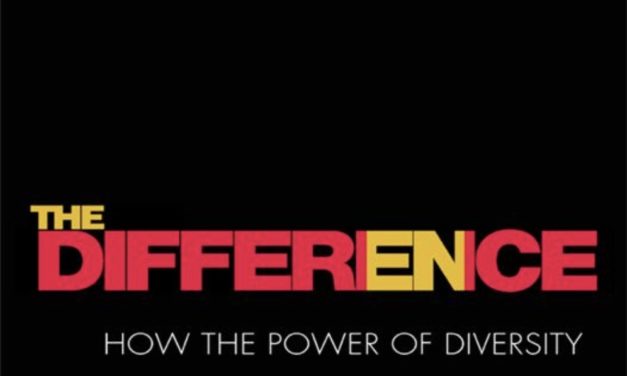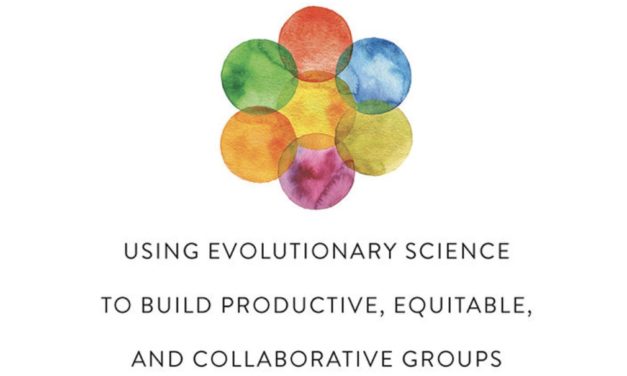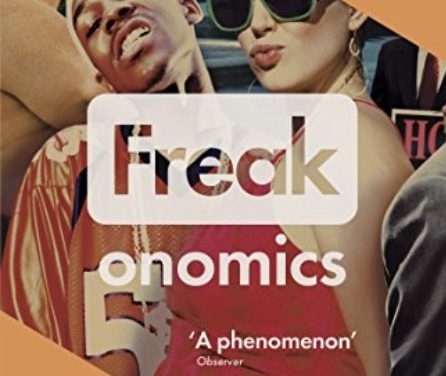Radical Uncertainty: Decision-making for an unknowable future
This major, critically acclaimed work asks a vitally important question for today: when uncertainty is all around us, and the facts are not clear, how can we make good decisions?
We do not know what the future will hold, particularly in the midst of a crisis, but we must make decisions anyway. We regularly crave certainties which cannot exist and invent knowledge we cannot have, forgetting that humans are successful because we have adapted to an environment that we understand only imperfectly. Throughout history we have developed a variety of ways of coping with the radical uncertainty that defines our lives.
Read More





